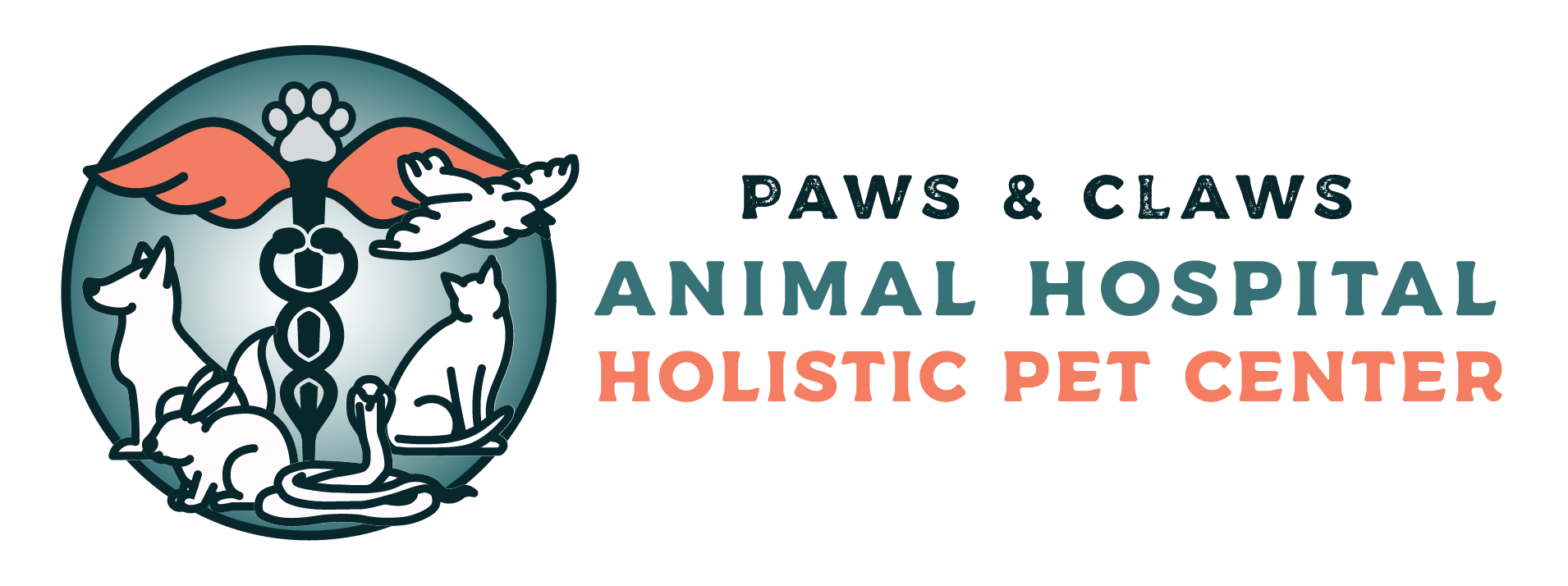Many communities and municipalities require cleaning up after your dog. While this might be obvious in parks and public spaces with posted signs telling you to clean up after your pup, it’s not uncommon for neighborhood homeowners’ associations and neighborhood covenants to require picking up poo even in your own yard. Even if you live in an area without posted signs or a homeowners association enforcing the rules, your city or county might have laws and regulations in place requiring you to clean up after your pet in public spaces.
Dog Poop Is Not Fertilizer
People often believe that leaving dog waste to decompose in the yard is good for the lawn, but the truth is that dog poop is toxic for your grass. Unlike cow manure, which is basically composted grass, a typical dog’s poop, which is made acidic through natural digestive processes and their microbiome, is enough to destroy the grass underneath it. For this reason, dog poop also shouldn’t be placed in your compost or used to fertilize your garden. In either case, it contains bacteria that could contaminate your vegetables.
It’s an Environmental Pollutant
In fact, the Environmental Protection Agency describes dog waste as containing two types of pollutants: nutrients and pathogens. Dog waste that gets washed into waterways may carry pathogens that affect living things in the water and can make people sick that are in contact. Also, nutrients released from dog poop can stimulate the growth of algae and other plant life, making the water unsuitable for recreational uses.
It Carries Diseases
Even if your dog doesn’t show any symptoms of illness, their waste could still carry bacteria and parasites that are harmful to other pets and humans. And you don’t need to come into direct contact with dog poop in order to contract an illness from it — diseases in poop can be transmitted by flies or other pets that come into contact with it. Here are some of the illnesses and infectious organisms carried in dog poo:
Roundworms
Salmonella
E. coli
Giardia
Leptospira
Parvo virus
Coliform bacteria
Why Wearing Shoes Is So Important
If you touch the infected soil or any body fluids of an infected animal with your bare hands and/or feet, you can get infected. Roundworm eggs have a two-week gestation period after which they can lead to infections in humans. Once inside your body, the worms can migrate to your lungs, eyes, brain, and liver.
Please take note of this summer if you are barefoot on the beach around lots of pets, and/or at your local park.
